PRODUCTS
CONTACT US
Ningbo Nide International Co., Ltd.
一一
· Contact person:Jack Zeng
· Mob/Whatspp/WeChat:0086-13738869026
· Email:emarketing@nide-group.com;marketing4@nide-group.com
· Add:No. 169, Wohushan Road, Daqi Subdistrict, Beilun District, Ningbo, China
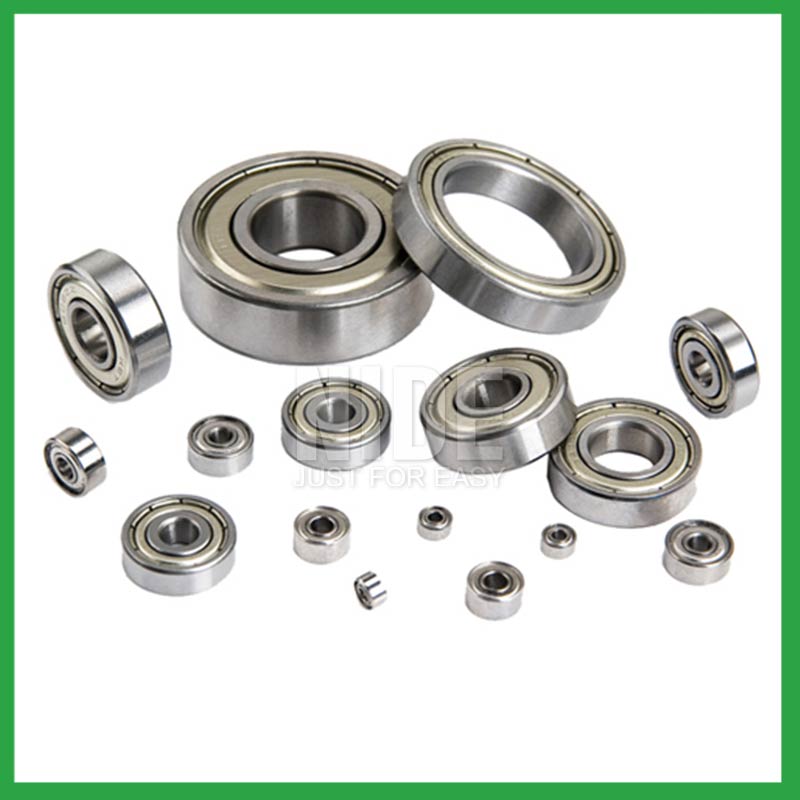
Nide team could manufacture ball bearing as per customer’s drawing and samples.
If customer only has samples, we could also design drawing fo r our customer.
We also provide customized service.
Our ball bearing is widely applied the different industrials.
Haishu Nide International is located in Ningbo, Zhejiang Province. Established in 2010, it is a rapidly growing international enterprise. With advanced industrial hubs, complete supply chains, and convenient transportation advantages, combined with a professional team with rich experience in motor manufacturing, we specialize in exporting various bearings to various parts of the world. Our factory has advanced production equipment and testing instruments to ensure that all goods are perfect when received by our customers.
We adhere to strict quality control principles and excellent service. Our main products include insulation paper,commutator,ball bearing,carbon brush,fan,thermal protector,magnet, etc. Our products are widely used in fields such as single and three phase induction motor,compress motor,washing machine motor,servo motor,water pump motor,fan motor,electric bicycle motor. With the rapid development of the company, we have gained a good reputation and established long-term business relationships with many customers. So far, Nide has provided products to customers in over 50 countries.
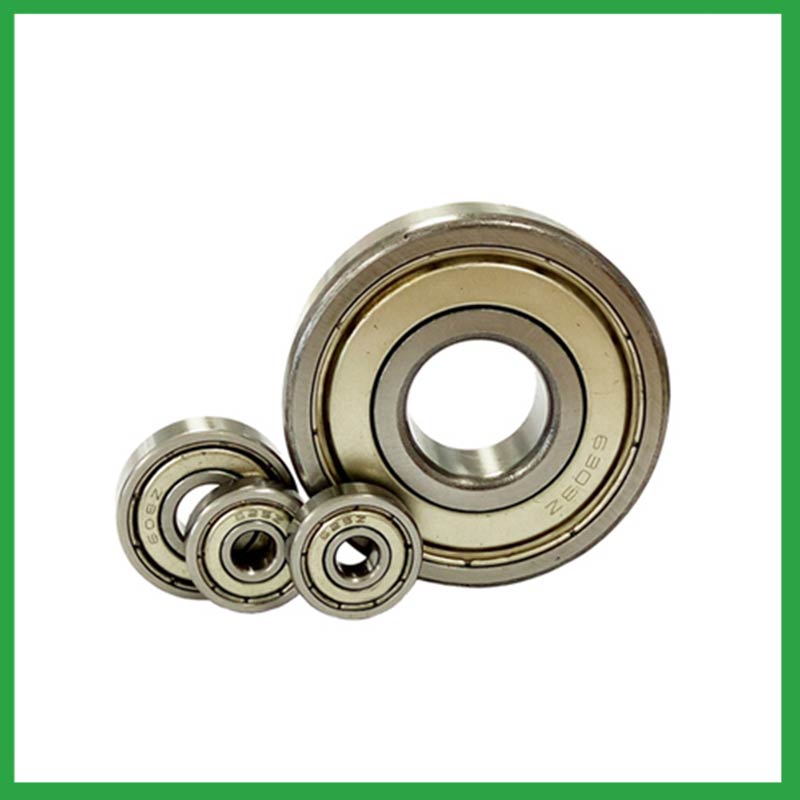
| Parameter | Information |
|---|---|
| Product Name | ball bearing siphon hose |
| Brand Name | NIDE |
| Place of Origin | Ningbo,Zhejiang,China |
| Material | chrome steel, etc. |
| Structure | Deep Groove |
| Color | Customized Color |
| Delivery Time | 5-7days |
| Port | Ningbo/Shanghai |
| Export region | Africa,America,Oceania |
| Export Country | India,Brazil,South Korea,Cuba,Nicaragua,Greece,Jersey,Cayman Islands...etc |
| Application | chemical equipment, etc. |
| OEM/ODM | Yes |
| Size | Customized size |
| Stock | In Stock |
| Feature | Simple structure,Low Noise...etc |
| MOQ | 10 pieeces(Specific according to the model) |
| Certification | ISO9001,CE-insulation paper inserting machine,CE-stator coil winding machine,etc |
| Supply Ability | 100000-500000 Piece/Pieces per Month |
| Lubricate | Oil Grease |
| Packaging Details | Suitable for sea transportation |
| Lead time (days) | 15-20 (To be negotiated) |
Please note: The above table data is for reference only. For specific information, please contact us.
The precision range of ball bearing siphon hose is from ABEC7 to ABEC9, with a particle size of 0.3 μ m. Among them, ABEC9's ball bearings have the best precision range and are widely used in the electronics industry, precision measurement industry, and so on.
During the installation process, pollution from dirt and wear media should be prevented;
Temperature and humidity should be controlled to avoid excessive temperatures during startup and operation;
It should be operated and lubricated in the correct reverse direction to avoid unnecessary damage.
Ball bearings have many advantages, making them highly competitive in the market.
Firstly, they are very durable and have good wear performance, making their service life longer than many other types of bearings.
Secondly, they are easy to install and can provide low friction performance in various applications.
Thirdly, they require a relatively low level of maintenance, making them cost-effective.
In addition, compared to many other types of bearings, their purchase cost is relatively low, making them an economical choice.
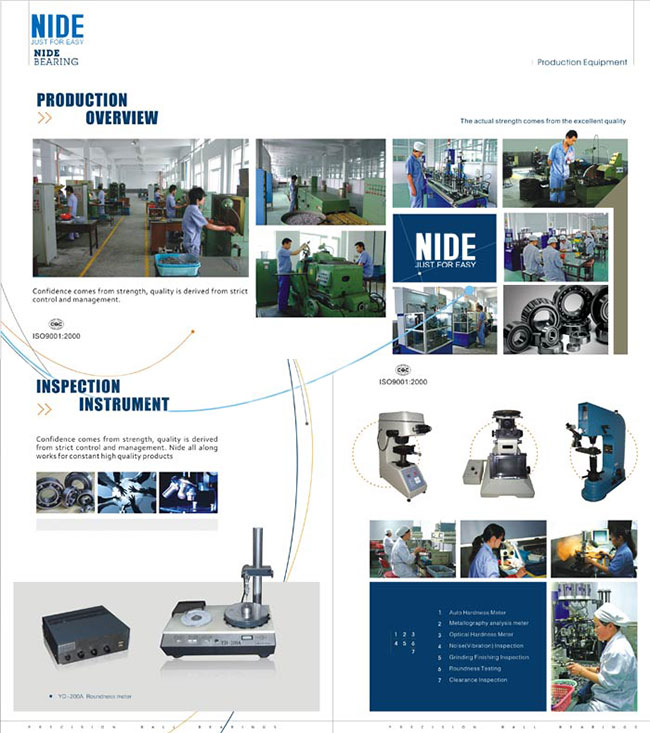
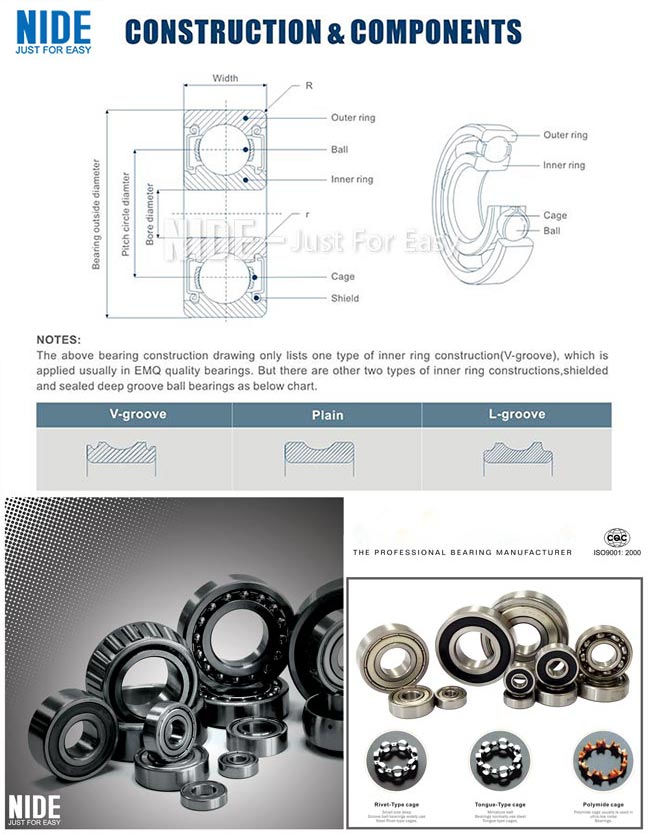
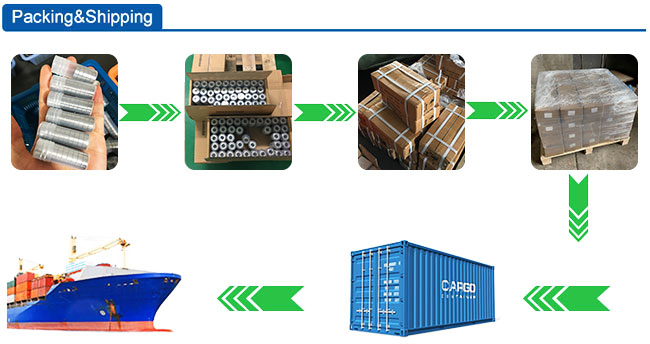
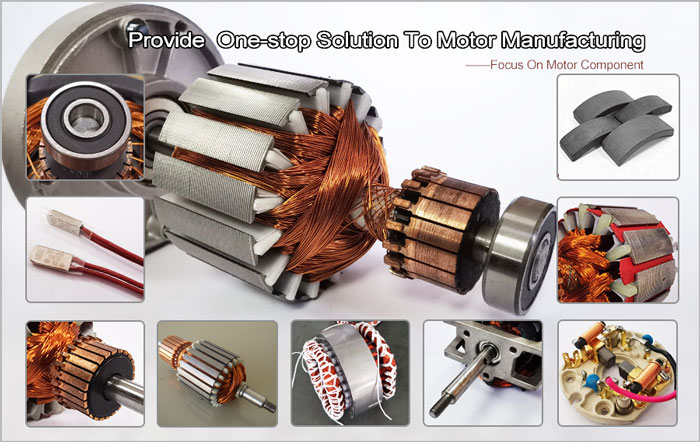
ball bearing siphon hose---FAQs Guide
2.Do ball bearing siphon hose come in various tolerance classes?
3.How do ball bearing siphon hose handle radial loads, axial loads, and combined loads, and what are their load-carrying capacities?
4.Are there miniature ball bearing siphon hose designed for use in precision instruments and small-scale mechanisms?
5.Can ball bearing siphon hose handle shock loads and high-impact conditions in heavy machinery?
6.What are the ball bearing siphon hose product skill training options?
7.What is a ball bearing?
8.Can ball bearing siphon hose operate in high-temperature environments like industrial ovens or furnaces, and how are they protected from heat-related damage?
9.Can ball bearing siphon hose be used in vacuum or cleanroom environments, and what measures are taken to prevent outgassing or contamination?
10.Can ball bearing siphon hose be used in both vertical and horizontal orientations?
11.How do ball bearing siphon hose provide smooth and controlled motion in various mechanical systems, such as conveyor belts or automobiles?
1.As a ball bearing siphon hose manufacturer,can you supply samples?
Sure, samples can be provided free of charge, and the buyer pay the postage of the sample.
2.Do ball bearing siphon hose come in various tolerance classes?
Bearing tolerances are standardized by classifying bearings into the following six classes (accuracy in tolerances becomes higher in the order described): 0, 6X, 6, 5, 4 and 2.
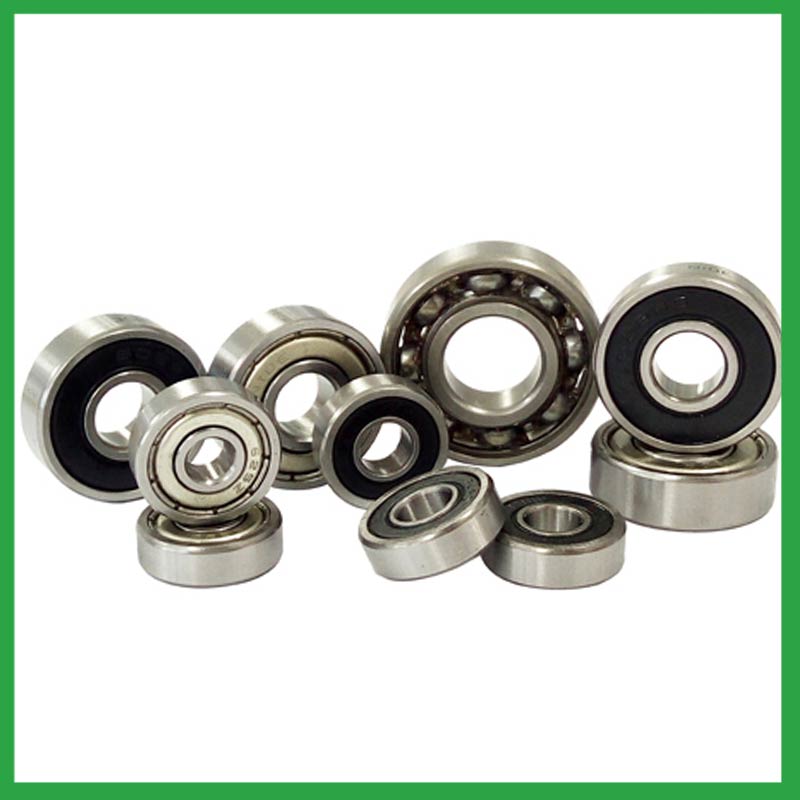
3.How do ball bearing siphon hose handle radial loads, axial loads, and combined loads, and what are their load-carrying capacities?
The type of bearing used also varies between these loads. While deep-groove ball bearing siphon hose are better equipped to handle radial loads, thrust ball bearings are designed for axial loads. However, it's essential to note that most bearings, such as angular contact ball bearings, can handle both radial and axial loads.The Bearing Static Capacity, Co, is the maximum load that can safely be applied to a non-rotating bearing that will not cause subsequent bearing operation to be impaired. It is based on calculated contact stress at the center of the most heavily loaded rolling element where it contacts the Inner Race.
4.Are there miniature ball bearing siphon hose designed for use in precision instruments and small-scale mechanisms?
Miniature bearings, despite their small size, play a significant role in various industries and applications. These compact powerhouses, typically measuring less than one inch in outer diameter, offer exceptional precision, durability, and reliability. Miniature bearings find extensive use in precision instruments and robotics.
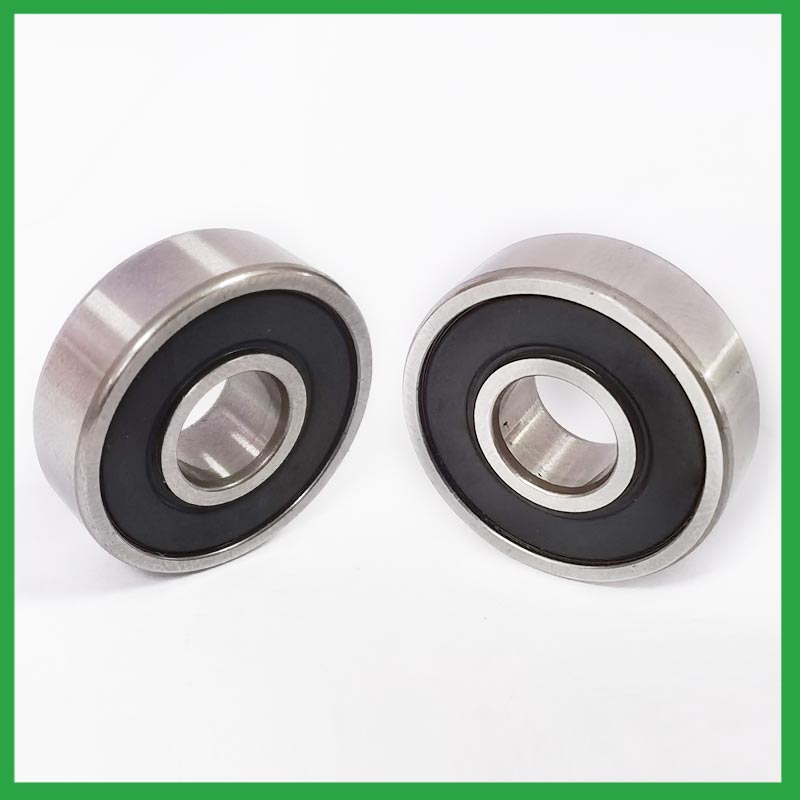
5.Can ball bearing siphon hose handle shock loads and high-impact conditions in heavy machinery?
As a general rule, ball bearing siphon hose are used at higher speeds and lighter loads than are roller bearings. Roller bearings perform better under shock and impact loading. Ball bearings tolerate misalignment better than roller bearings do. Roller bearings can handle heavy combined radial and thrust loads.
6.What are the ball bearing siphon hose product skill training options?
Quality comes from being controlled rather than be done. On the basis of the escalating production equipment and optimized process, Nide spare no efforts and keeps improving for quality control. Quality assurance covered with system, technology and human resources are in full swing.
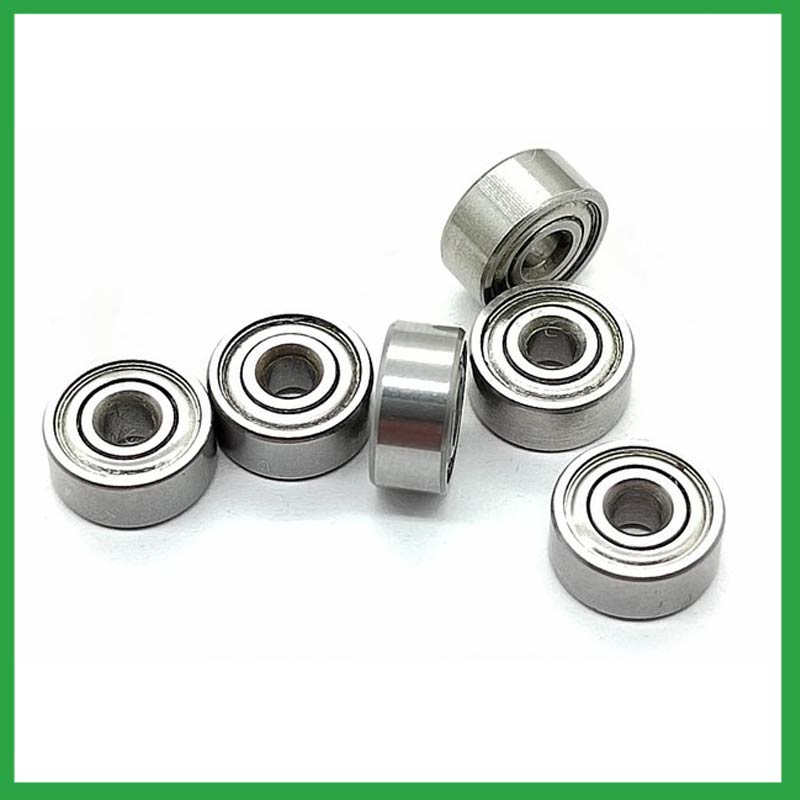
7.What is a ball bearing?
A ball bearing is a type of rolling-element bearing that uses balls to maintain the separation between the bearing races.
The purpose of a ball bearing is to reduce rotational friction and support radial and axial loads. It achieves this by using at least two races to contain the balls and transmit the loads through the balls. In most applications, one race is stationary and the other is attached to the rotating assembly (e.g., a hub or shaft). As one of the bearing races rotates it causes the balls to rotate as well. Because the balls are rolling they have a much lower coefficient of friction than if two flat surfaces were sliding against each other.
Ball bearings tend to have lower load capacity for their size than other kinds of rolling-element bearings due to the smaller contact area between the balls and races. However, they can tolerate some misalignment of the inner and outer races.
8.Can ball bearing siphon hose operate in high-temperature environments like industrial ovens or furnaces, and how are they protected from heat-related damage?
ball bearing siphon hose are capable of working at temperatures up to +842°F (+450 °C). Special lubricants, seals and coatings make this possible by protecting the ball bearings from heat damage.
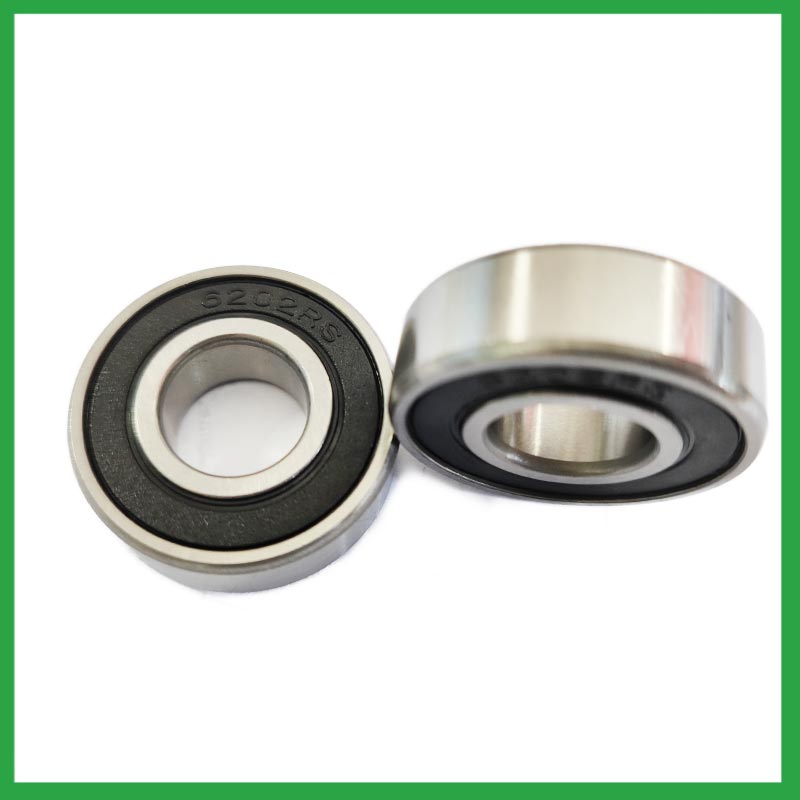
9.Can ball bearing siphon hose be used in vacuum or cleanroom environments, and what measures are taken to prevent outgassing or contamination?
Bearings specify stainless steel for vacuum or cleanroom applications as stainless steels used for the rings, balls and retainer exhibit low outgassing. They usually supply open or shielded stainless steel bearings as vacuum bearings as these will outgas less than a nitrile rubber sealed bearing.
10.Can ball bearing siphon hose be used in both vertical and horizontal orientations?
Sleeve Bearings: Sleeve bearings, also known as plain bearings, employ a simple yet effective mechanism. A cylindrical sleeve separates the rotating shaft from the stationary portion of the bearing, reducing friction and enabling smooth rotation. Sleeve bearings are characterized by their quiet operation, cost-effectiveness, and suitability for horizontal mounting orientations.
Ball Bearings: Ball bearings introduce small metal balls between the moving parts, providing enhanced durability and reduced friction. This design allows for smoother and more efficient rotation, making ball bearings well-suited for high-performance applications and vertical installations.
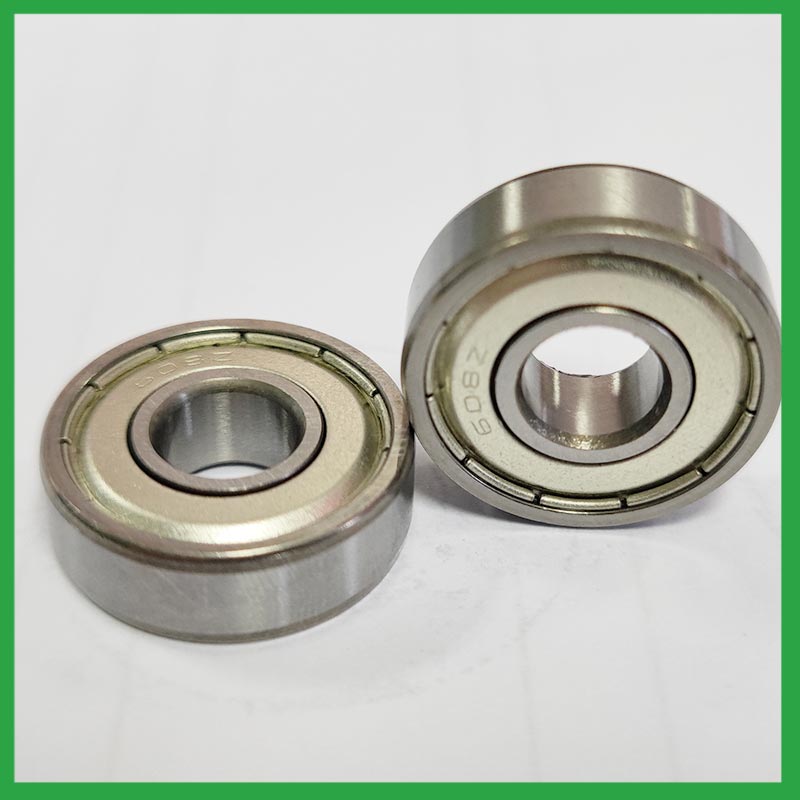
11.How do ball bearing siphon hose provide smooth and controlled motion in various mechanical systems, such as conveyor belts or automobiles?
In essence, ball bearing siphon hose operate on the principle that it's far more efficient to roll over surfaces than to slide, thereby significantly reducing friction and facilitating smooth movement of machinery parts.

